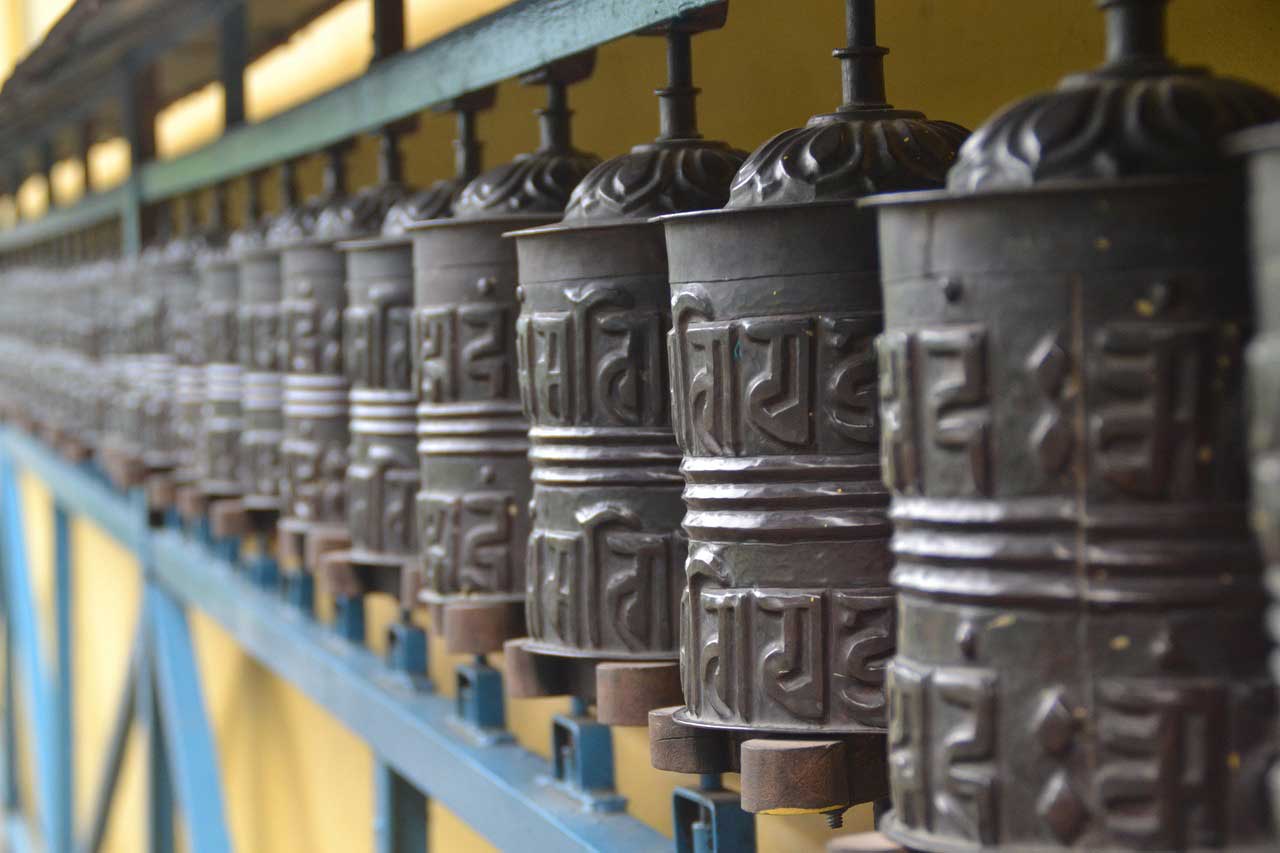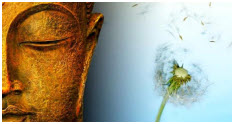Namo Amida Butsu
Eitaikyo is known as the Sangha Memorial Service here in Hawaii. However, the true meaning of Eitaikyo is translated as “Eternal Generation Sutra.” According to the Rev. Tetsuo Unno, Eitai-kyo is the service of chanting sutra for generations as an act for the beneficences received from our ancestors.
Whenever I officiate the memorial services, I express my true gratitude and appreciation to the deceased members and friends in my memorial messages. Through the services, members of the family and friends come to the temple and can meet and listen to the Buddha Dharma. I feel that the memorial services are the most wonderful opportunities for me to share many things, including chanting of the sutra, Buddha’s guidance, and some of my memories of the deceased one.
As you may know, the Sutra is Buddha Shakyamuni’s words, which we call “Dharma,” and this guidance is for us to see the truth in our daily lives.
Originally, sutras were written in Sanskrit, and then centuries later, it transmitted to China. The Chinese people translated it into the Chinese language. Now, we have sutras, which are translated into English. (Please refer to our new service book.)
Have you ever seen “The Teaching of the Buddha” in hotel rooms? We have great opportunities to meet the guidance of the Buddha even if we are away from our temple. We are still able to learn the great spiritual guidance of the Buddha’s true heart.
One of the sutras starts, “Thus I have heard from the Buddha – Nyo ze ga mon.” The sutra books were not written by Buddha himself, but several hundred years after the Buddha’s death, many of the Buddha’s disciples got together and shared what they had heard and learned from their teachers and ancestors about Buddha’s guidance and compiled all of them into sutra file

They were written on the inside of bamboo. All disciples spent many years establishing Buddha’s teachings within the sutra files. Some said that there are over 84,000 messages. They wanted to pass it on to society and the next generations. However, I think it may have been a bit different from the original Buddha’s words since they didn’t have any written records, but more or less it was the guidance that people heard from the Buddha’s disciples, who were their teachers and ancestors. All of them wanted the next generation to receive the powerful and peaceful guidance in their lives.
When we were growing up, we received profound guidance from our parents and grandparents and many old timers. However, it is amazing that we remember many of the guidance we received from them as our good memories. I sometimes ask people the following questions at memorial services. One of the questions is, “When you close your eyes and think about your loved ones, you can recall them. What did you recall about your beloved one?” Then the family members said, “My grandfather always said Ganbare, Ganbare,” which means “Do your best and Hang on, don’t give up.” These great encouraging words from our ancestors strongly exist in my heart and mind, even if my grandfather passed away many years ago. Why? I don’t want to lose my grandfather’s memories, wisdom, and guidance. It’s all my great treasures.” This is true! We all want to keep their memories in our hearts.
Our Issei and Nisei have indeed sacrificed their lives to establish their incredible legacy and identities. We all remember our Isseis and Niseis’ wonderful slogan of “Kodomo no tameni - For the sake of the children,” which strengthened their spirit.
Growing up, we all heard their common words, “Ganbare and Gaman.” We have become parents and tell our children and grandchildren similar words, “Do your best and Be Patient,” for their encouragement. One of the Japanese phrases said, “Itsumademo Aruto Omouna Oya to Kane.” The English translation is as follows, “Do not ever believe or think that your parents and money will not stay with you forever.”
In the collected works of Shinran Shonin, he adopted the passage from “Land of Happiness.” It is said, “I have collected true words to aid other practice for attaining birth, so that the process be made continuous, without end and interruption, by which who have been born first guide those who come later, and those who are born later join those who were born before. This is so that the boundless ocean of birth and death is exhausted.” Like this passage, we can follow our ancestors’ great footsteps or paths in our daily lives and pass them on to the next generations.
For us, to observe the “Eitaikyo Service” is a precious gift that we can learn and receive the Buddha’s spiritual guidance, and at the same time, it reminds us that we can pass it on to the next generations as our faithful gift. So, with our faithful hearts, our children and grandchildren can learn our thoughtful minds, which we call “Magokoro” in Japanese. Whether Buddhists or not, they will accept their parents’ wonderful wisdom and compassionate heart. Why? Our children and grandchildren are entrusting all of us, and they are hearing our profound guidance and thoughtful minds through their daily lives. I believe that our true heart, faithful guidance, and minds will reach into their heart, and they will inherit our sincere hearts, “Magokoro,” and pass it on from generation to generation.
May we observe this special Eitai Kyo with a sincere mind of gratitude and pass our excellent guidance to our Ohana. Remember, Jodo Shinshu is an excellent teaching for all sentient beings!


